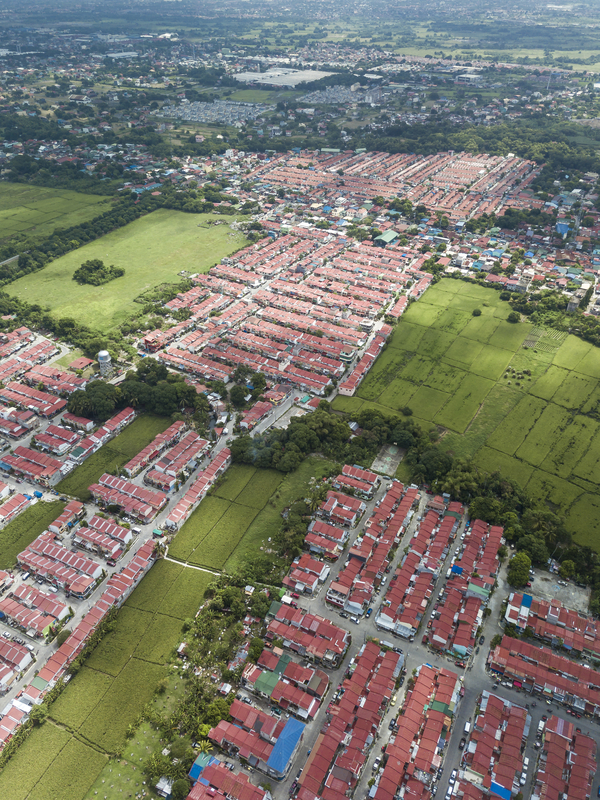By Rizal Raoul Reyes
DECENTRALIZATION in the property sector, led by the business-process outsourcing (BPO) industry, is in full swing and that fits well with the government’s thrust to promote inclusive growth in the provincial areas.
In a recent press briefing, CBRE CEO, President and Founder Rick Santos said areas outside Metro Manila, such as Laguna, Cavite, Bulacan, Pampanga, Cebu, Bacolod, Iloilo, Davao, Cagayan de Oro and Zamboanga are gaining investments for their economic potential. Furthermore, Santos said real-estate development is beginning to grow at a faster rate in these secondary sites, as returns on investment have been becoming quite favorable.
“Developments in these secondary sites were initially limited to the local developers. Over the past several years, the national developers started to enter these sites on a growing scale. This can be seen as a positive situation as this encourages local developers to step up in terms of putting up better-quality buildings and structures. This, in general, will promote growth in terms of employment and other opportunities, as well as providing better facilities for the local populace,” Santos explained.
Santos said BPO revenues have been growing at a rate of 17 percent annually and accounted for 7.5 percent of GDP in 2015. He noted it will grow further with expansion of BPO companies and entry of new players who are becoming more familiar with the Philippine landscape.
He pointed BPOs are becoming more aware of the advantages expanding outside the Metro. Seven out of the top 100 outsourcing destinations of Tholons are outside Metro Manila, which indicates the readiness of these secondary cities for BPO development.
Although moving out of Metro Manila is going on a fast space, Santos said a lot companies still make Metro Manila the top priority. Although more than 70 percent of BPO jobs today are in Metro Manila, in which about 62 percent has already been absorbed. These companies are outside Metro Manila, where there is more untapped labor and where they have less competition and limited poaching, according to Santos.
“As Metro Manila continues to be saturated, the need for new areas to be developed has become imperative in order to accommodate the growing demand in the market. Opportunities can be found in locations such as Laguna, Cavite, Bulacan and Pampanga, which are all accessible via land transport. Crucial to the further development of these locations is to shorten the travel time between Metro Manila and these areas,” Santos said.
CBRE said the country would benefit a lot if the PPP projects from the outgoing administration may soon come into fruition.
Overall, Santos said the combined growth of BPOs and infrastructure development coupled with prudential macroeconomic policies will further boost the country’s competitiveness.




























